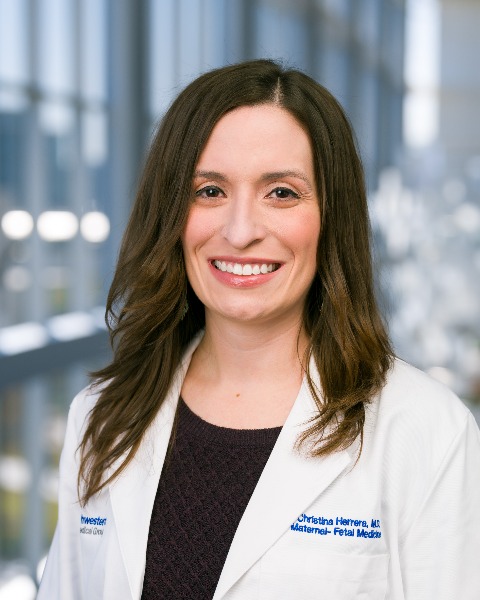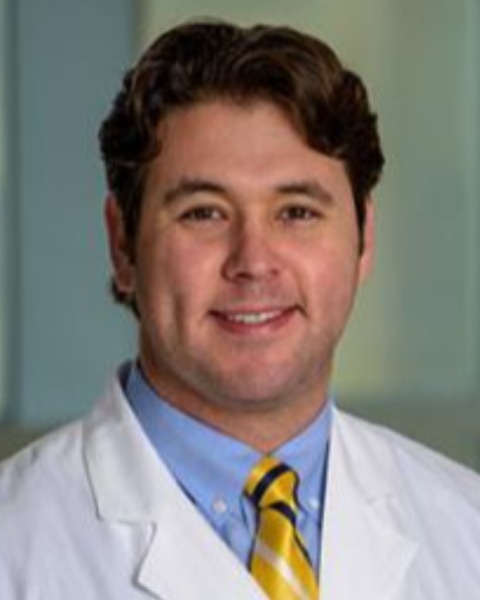Category: Clinical Obstetrics
Poster Session IV
(950) Perinatal opioid use prevention and treatment at a public, inner-city hospital system
Opioid use disorder (OUD) is a leading cause of maternal mortality in the postpartum period. We evaluated implementation of a multidisciplinary prevention and treatment program in an inner-city public hospital system designed to engage patients in recovery services, provide overdose prevention education, and increase access to buprenorphine medication assisted therapy (MAT).
Study Design:
A one-year descriptive analysis of a state grant-funded program. Care involved a multidisciplinary team of nurse-midwives, peer navigators, licensed chemical dependency counselors, and physicians with expertise in addiction and maternal-fetal medicine. Postpartum, individuals with OUD were approached with an option to consent for additional recovery services with or without buprenorphine MAT. All received opioid overdose prevention education and a prescription for intranasal naloxone kit independent of consent. Implications for care and policy are included.
Results:
From March 2021 through March 2022, 80 postpartum patients with OUD were approached. A history of trauma was verified in 50(62%), with 25 (31%) indicating sexual trauma(Table 1). Fifty-three(66%) had a mental health diagnosis, and 32(40%) had a family history of substance use. All received opioid overdose prevention education and a prescription for intranasal naloxone. Pharmacy dispensation was verified for 49(61%). Thirty-six(45%) declined participation; of these 15(42%) were not previously engaged in care in our system and 8(22%) were discharged to residential programs. Of the 44 who engaged in our program, 17(39%) received MAT initiation; 13(30%) were not previously engaged in care(Table 2). Of those engaged, 12(27%) completed the MAT or recovery program at 30 days and care transitioned to another established MAT program.
Conclusion:
A multidisciplinary team for OUD with awareness of trauma-informed care can reach a population otherwise not engaged in health care services at the time of delivery admission. Future efforts to overcome system-level barriers are needed to provide increased access to continued MAT and overdose prevention after discharge.
.jpg)
Anne M. Ambia, MD
Assistant Professor
University of Texas Southwestern Medical Center
Dallas, Texas, United States- MF
Mary Ann Faucher, PhD
Parkland Health and Hospital System
Dallas, Texas, United States - PC
Polly B. Cordova, CNM
Certified Nurse Midwife, Integrated Family Planning Opioid Project
Parkland Health
Dallas, Texas, United States - JM
Jessica McNeil-Santiel, CNM
Certified Nurse Midwife, Integrated Family Planning Opioid Project
Parkland Health
Dallas, Texas, United States - SM
Stephanie Morillos, N/A
Peer Recovery Navigator, Integrated Family Planning Opioid Project
Parkland Health
Dallas, Texas, United States 
Emily H. Adhikari, MD
Assistant Professor
University of Texas Southwestern Medical Center
Dallas, Texas, United States- CW
Chet Wells, MD
University of Texas Southwestern Medical Center
Dallas, Texas, United States - SR
Scott W. Roberts, MD
University of Texas Southwestern Medical Center
Dallas, Texas, United States 
Christina L. Herrera, MD
Assistant Professor
UT Southwestern Medical Center
Dallas, Texas, United States- KK
Kurt Kleinschmidt, MD
Professor of Emergency Medicine, Director of Perinatal Intervention Program
UT Southwestern
Dallas, Texas, United States - NO
Nancy S. Onisko, MD
Assistant Professor of Emergency Medicine; Assistant Director of the Perinatal Intervention Program
UT Southwestern
Dallas, Texas, United States - JK
Joshua Kern, MD
Assistant Professor, Department of Emergency Medicine
UT Southwestern
Dallas, Texas, United States - AA
Aldo Andino, MD
Assistant Professor of Emergency Medicine
UT Southwestern
Dallas, Texas, United States 
David B. Nelson, MD
Associate Professor
University of Texas Southwestern Medical Center
Dallas, Texas, United States

.png)
